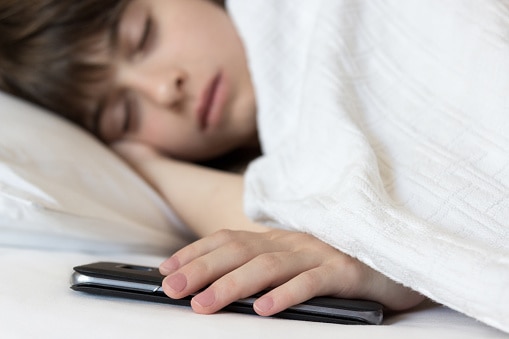

And while you’re also able to opt out of any personal data sharing you’re uncomfortable with, in doing so you may lose out on some features of the app. Keep in mind, however, that keeping aggregate data completely private is particularly difficult, as explained in this FTC blog post.

If they planned to use our data to inform their research and improve their products, we expected it to be aggregated and anonymous.

“But when a sleep tracker says you’ve had too little deep sleep, most people aren’t sure what to do with that.” We looked for trackers that gave advice or put the data in context, reminding people to get to bed more consistently, for instance, or letting them know when they may be sleep deprived. “If a pedometer registers 1,400 steps at 2 p.m., you know exactly what you need to do-go out for a walk,” Winter said. Actionable advice: Without offering solid direction as to how you can get better sleep, these apps are just platforms for spitting out graphs.Clearly labeled x- and y-axes and reports in everyday English are a huge help at 5:30 in the morning. Ease of interpretation: Multicolored graphs look impressive, but they’re useless if they require a doctorate in statistical analysis to understand.We also preferred apps that allowed us to set our phone on a nightstand as opposed to on the bed.


 0 kommentar(er)
0 kommentar(er)
